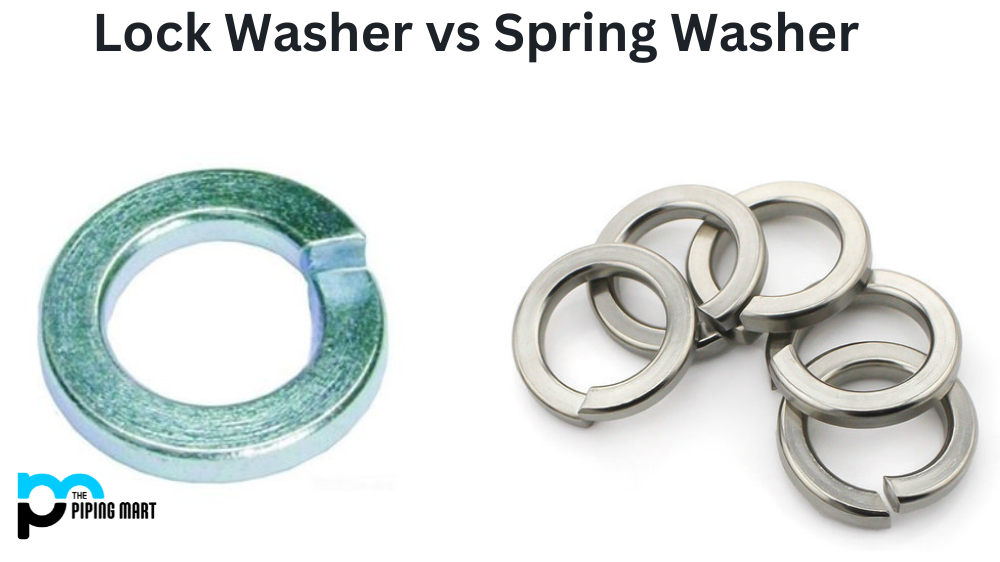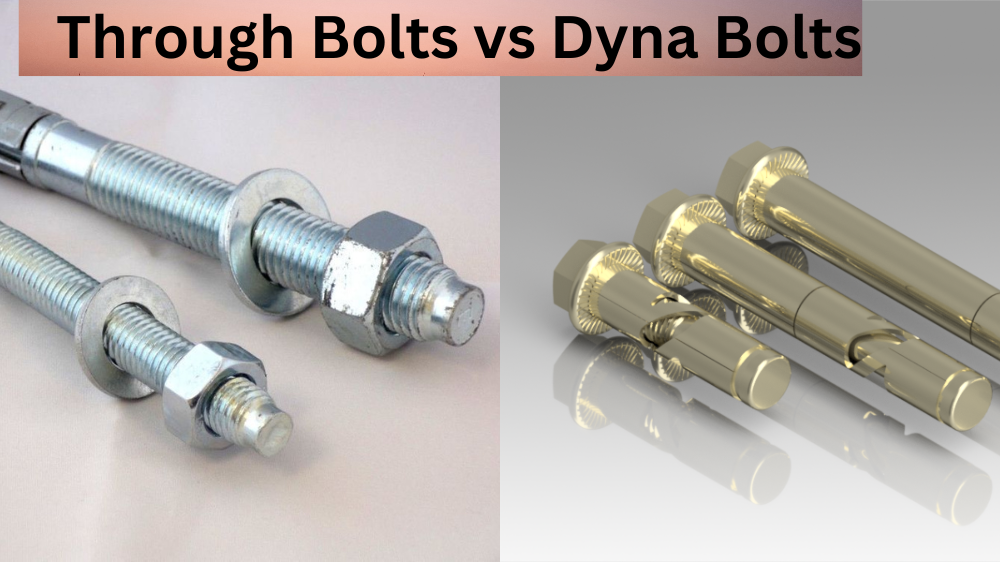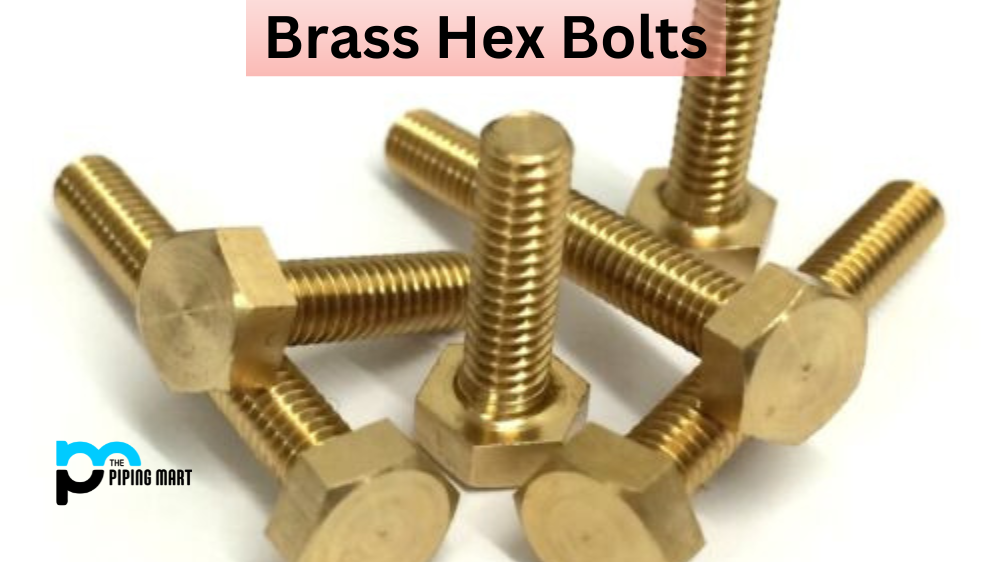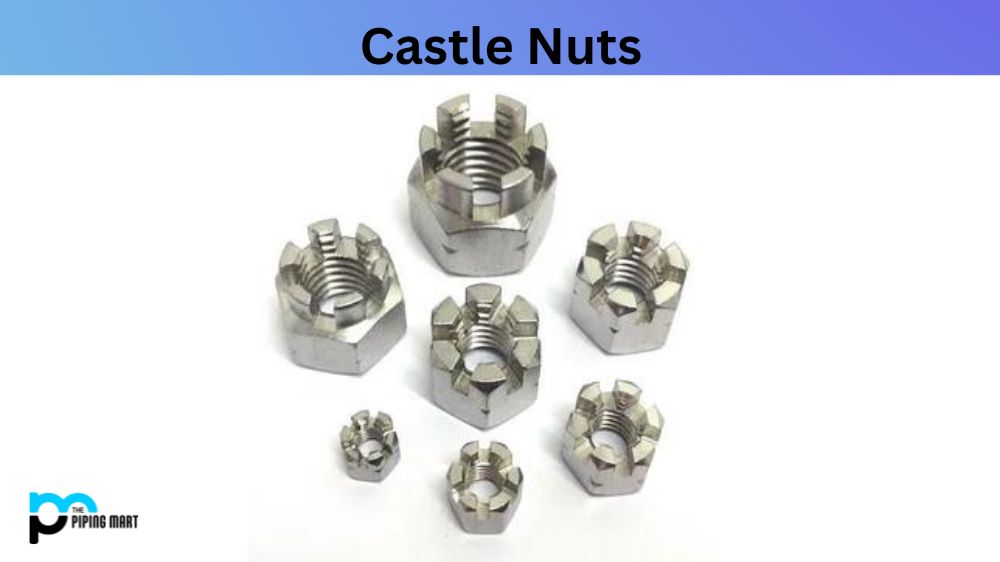If you’re looking for the right type of washer to secure your job, you may have encountered options like lock washers and spring washers. But what is the difference between these two types of washers? In this blog post, we’ll break down the differences between lock and spring washers so that you can decide which is best for your project.
Difference Between Lock Washer and Spring Washer
The main difference between lock and spring washers lies in their purpose. A lock washer is used to prevent loosening from vibration or torque. The teeth on the outside edge of the washer will bite into the surface of the nut or bolt head, creating a secure fit that won’t move even under heavy vibration. Lock washers are often used in automotive applications where a lot of vibration could cause nuts and bolts to become loose over time.
Spring washers, on the other hand, are designed to be flexible. They can absorb shock and reduce vibrations, making them ideal for applications where frequent assembly and disassembly occur. Additionally, they provide some loosening resistance due to their ability to deform elastically when subjected to torque loads or vibrations. However, if more significant levels of tightening are required, it may be necessary to use a lock washer instead.
Another key distinction between lock and spring washers is their shape. Lock washers are typically flat, while spring washers are usually shaped like a cup or disc with coils that compress when tightened against another surface, such as a nut or bolt head. This helps them create a tight seal even under high vibration or torque loads.
- Lock washers are devices that prevent nuts and bolts from loosening. They work by applying a force that keeps the nut or bolt from turning.
- Spring washers are devices that are used to provide a cushioning effect. They work by absorbing shock and vibration, which can help to prevent damage to components.
- Lock washers are made from steel, while spring washers are made from brass or bronze.
- Lock washers are typically more expensive than spring washers.
- Lock washers are typically used in applications where vibration is a concern, such as in engines or other machinery. Spring washers are typically used in applications with less concern for vibration, such as in furniture or cabinets.
- Lock and spring washers serve different purposes and should not be used interchangeably.
Conclusion:
When choosing between a lock washer and a spring washer for your project, consider how much vibration or torque load it needs to withstand and how often it will be removed for assembly/disassembly purposes. Both types of washers serve an essential purpose, but understanding which works best for your application will ensure that your work stays secure over time!

Abhishek is a seasoned blogger and industry expert, sharing his insights and knowledge on various topics. With his research, Abhishek offers valuable insights and tips for professionals and enthusiasts. Follow him for expert advice on the latest trends and developments in the metal industry.




